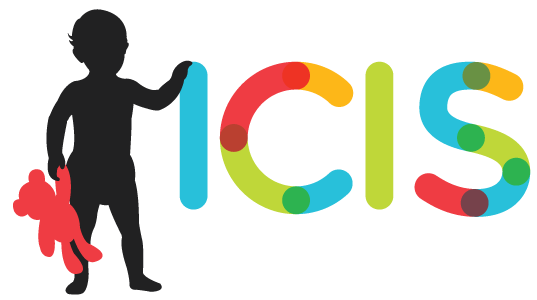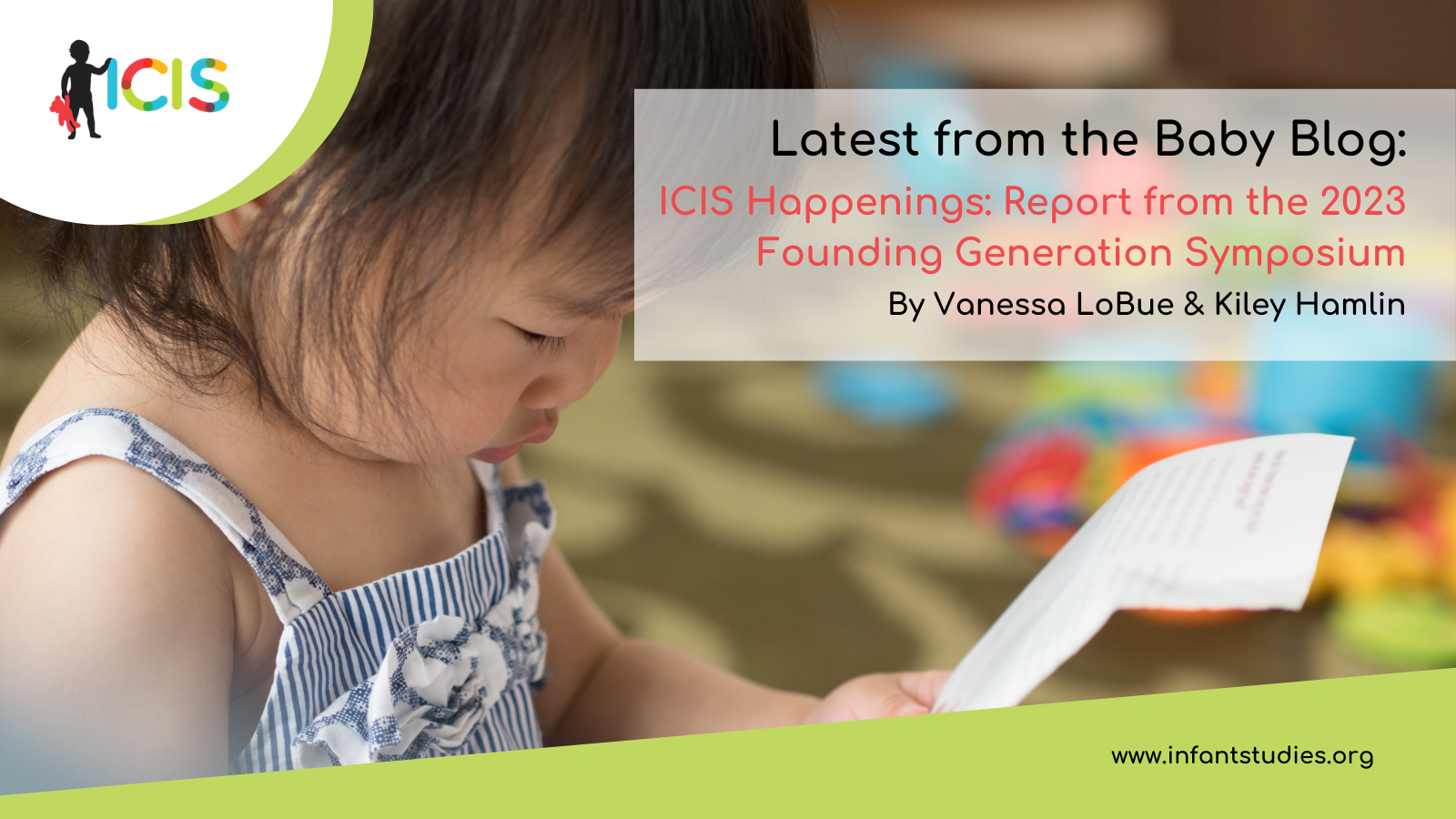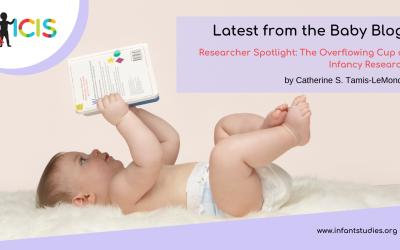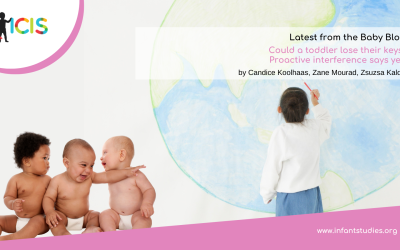By Vanessa LoBue (@vanessalobue) & Kiley Hamlin (@jkileyhamlin)
The Founding Generation Summer Fellowship for Undergraduates aims to develop the next generation of scholars to advance innovative research on infancy and translation of research for the public good. The program pairs promising students with researchers from around the world who conduct cutting-edge science. Identified mentors work with students over an intensive 8-week period to build critical skills through hands-on training in research methods. In September, the third cohort of fellows presented their work at a dedicated virtual symposium.
April Chen, a student at Cornell University, along with mentor by Jillian Lauer from the University of Cambridge, explored how gender stereotypes affect the way parents talk to their infants. Specifically, they examined the forms of praise parents from Edinburgh give to their 9-month-old infants. They found that parents equally praise their female and male infants for their good looks and good behavior, but they provided three times more praise for intelligence to infant sons than infant daughters. This remarkable finding suggests how early societal stereotypes about gender and intelligence begin to take hold.
Leah Gano, a student at the University of Oregon, along with mentor Eric Walle from the University of California at Merced, examined parent-child conversations about discrete emotions, and specifically whether the type of emotion coaching strategy parents use to describe emotions differs based on different emotion categories presented in a book. They found that parents of 4-year-old children provided the most strategies for shame, fear, and guilt. They also demonstrated different strategies based on the specific emotion being discussed, such as seeking emotional support for sadness, and coping with the stimulus itself for fear. These important results will help to inform theories of how children learn about the emotions they are experiencing, and how they develop effective strategies to regulate them.
Marta Pretto, a student at University of Padua in Italy, along with Chiara Cantiani at Scientific Institute IRCCS Medea, studied the association between infants’ temperament and language outcomes between 20 to 48 months of age. They found that children who scored higher in effortful control and lower in motor activation on a temperament battery (ECBQ) also scored better on language scales when compared to children who were lower in effortful control and higher in motor activation. This fascinating work adds to the growing body of knowledge about determinants of individual differences in language development in the first few years of life.
Azzurra Sartini-Rideout, a student at the University of Iowa, along with mentor Ashley Groh from the University of Missouri, studied the developmental origins of brain responding to emotional events. Specifically, they looked at frontal alpha EEG asymmetry in 6- and 12-month-old infants and parent sensitivity during happy, sad, and fearful events. They found that higher level of parenting sensitivity was associated with greater left hemisphere activation (indicating approach motivation) in the infants during the emotional tasks. This suggests that more parent sensitivity can provide infants with a positive approach orientation toward novel events, and provides important further evidence for the key role of parental sensitivity in various aspects of positive infant development.
Syakira Wijaya, a student at Berea College, along with mentor Catherine Sandhofer from University of California Los Angeles, studied noun generalization via an overhearing paradigm with 2-year-old children. They discovered a positive correlation between children’s attention to target objects and correct responses, but further analysis did not conclusively establish attention as a predictor of task performance. These findings are generally in line with those demonstrating the importance of attention on language learning, and nicely highlight some of the challenges associated with developmental work.
In sum, each talk presented beautiful and important results, and each student did an absolutely outstanding job answering questions from senior members of the field of infant studies. As noted by ICIS president Rachel Barr during the question and comment period and echoed by many, it truly felt like a set of talks from graduate students, not undergrads. The students themselves expressed how meaningful and informative their experiences as Founding Generation Summer Fellowship winners have been, and noted that they plan to submit their work to the upcoming ICIS meeting in Glasgow in July, 2024. The future of developmental science is bright!
About the Author

Kiley Hamlin
University of British Columbia
Dr. J. Kiley Hamlin is a Professor of Psychology at the University of British Columbia, and holds a Tier 2 Canada Research Chair in Developmental Psychology. She received her doctorate from Yale University in 2010, and her undergraduate degree from the University of Chicago in 2005. Her work explores the earliest developmental origins of the human moral sense, by examining precursors to moral cognition and action in preverbal infants.

Vanessa LoBue
Rutgers University
Vanessa LoBue, Ph.D., is an Associate Professor of Psychology at Rutgers University. She received her B.S. from Carnegie Mellon University and her M.A. and Ph.D. from the University of Virginia. Dr. LoBue’s research focuses on human behavioral responses to emotionally valenced stimuli—specifically to negative or threatening stimuli—and the mechanisms guiding the development of these responses. More specifically, she examines how early perceptual biases for threat contribute to maladaptive avoidance behaviors, such as those associated with the development of fear and anxiety, and how cognition contributes to children’s learning of adaptive avoidance responses, such as avoidance of contagious people or contaminated objects.




